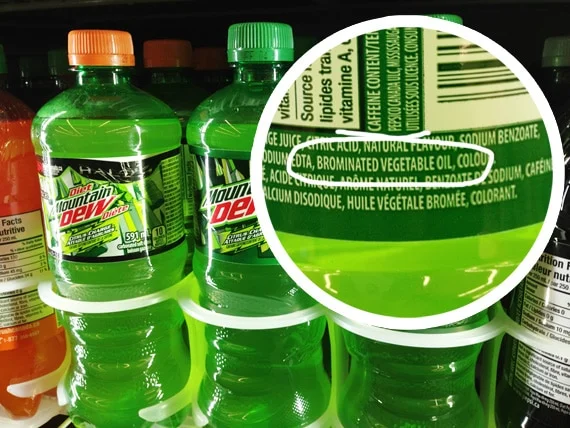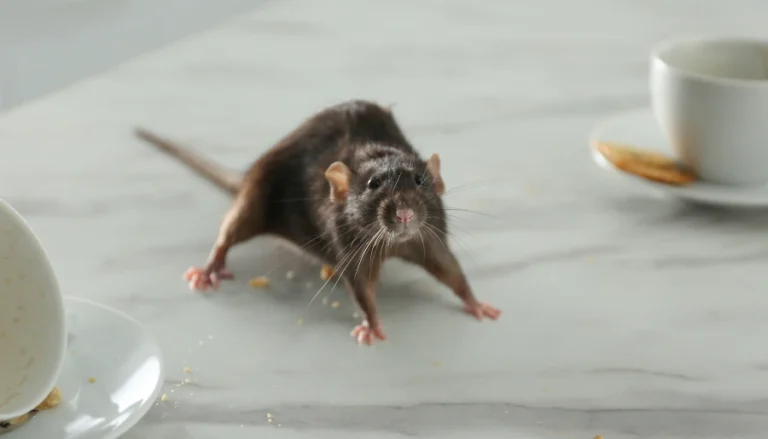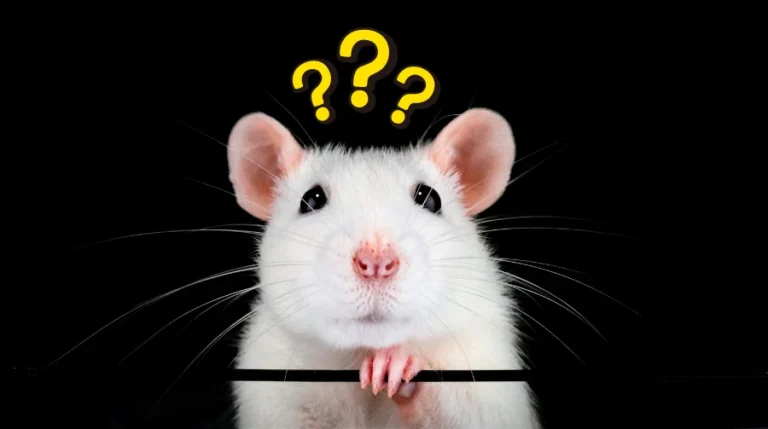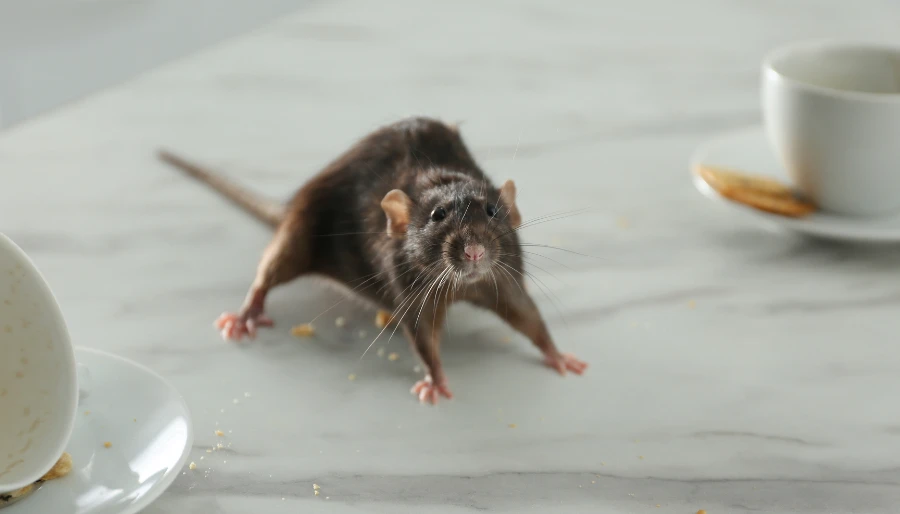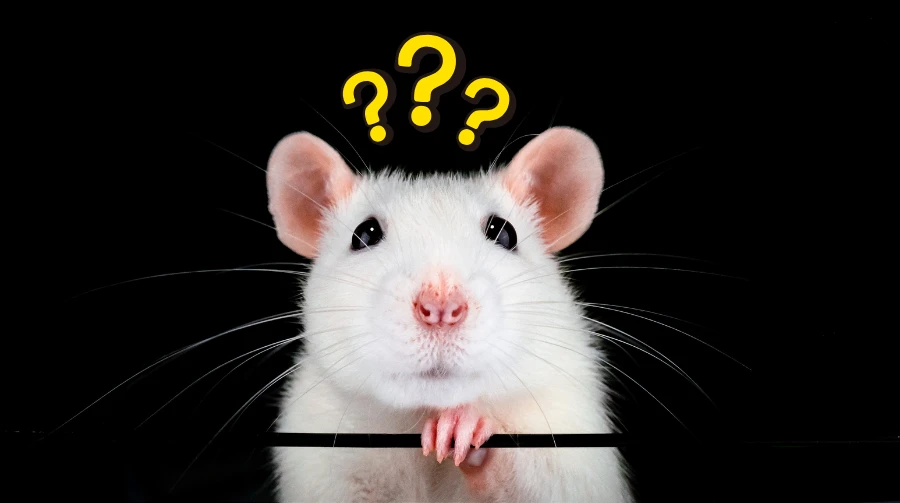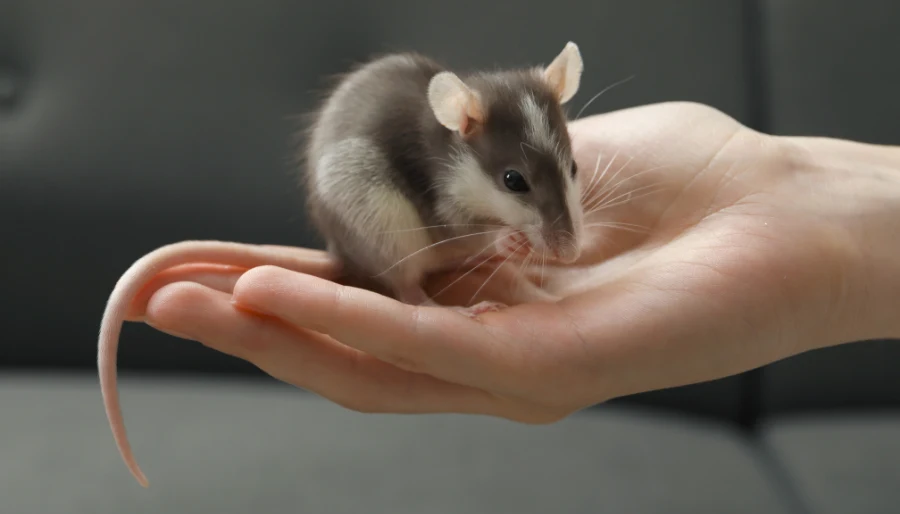In a significant shift, the U.S. Food and Drug Administration (FDA) is taking steps to outlaw brominated vegetable oil (BVO), a controversial ingredient found in some citrus-flavored sodas, aligning U.S. regulations with those of other countries where BVO has long been prohibited.
In the featured image, you’ll see BVO plain as day on the ingredients label for Mountain Dew. PepsiCo (owner of Mountain Dew) has now, officially, removed BVO from all versions of the popular soda. Now the Mountain Dew ingredients labels looks like this:
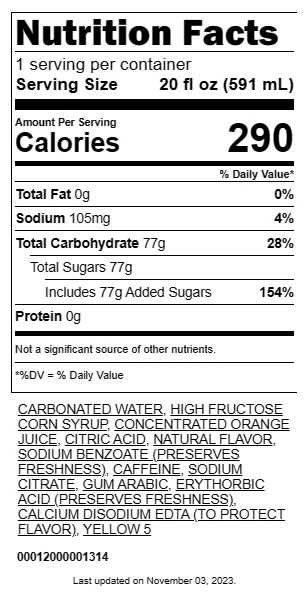
An Old Additive Under New Scrutiny
For decades, BVO has been used to keep the zesty flavor of citrus sodas evenly distributed. Its emulsifying properties come from adding bromine to vegetable oil, creating a heavier compound that blends well with the lighter fats in the beverage. This additive has been a staple since the 1930s, but its safety has been under question for nearly just as long.
James Jones, the FDA’s deputy commissioner for human foods, states, “The proposed action is an example of how the agency monitors emerging evidence and, as needed, conducts scientific research to investigate safety-related questions, and takes regulatory action when the science does not support the continued safe use of additives in foods.”
Global Concerns and Regulatory Action
Concerns have arisen from studies suggesting that BVO can accumulate in human tissues. The compound’s potential interference with thyroid function—due to bromine’s ability to block iodine—has raised red flags internationally.
Consequently, BVO has been banned in several countries, including members of the European Union, India, and Japan. California also took a stand against BVO last year, with a ban set to take effect in 2027.
Despite its widespread disfavor, the FDA’s journey to this decision has been gradual. BVO was initially classified as Generally Recognized As Safe (GRAS) in the 1950s. However, the following decade brought concerns that led to revoking this status and restricting BVO’s use to small concentrations in specific beverages.
What’s BVO? What You Need To Know, Simplified
Brominated Vegetable Oil, or BVO for short, is a chemical concocted by adding atoms of an element called bromine to vegetable oil. This mixture is used in some citrus-flavored sodas to keep the fruity flavors from floating to the top, ensuring every sip tastes the same. It’s like adding a paperweight to stop papers from blowing away, but for flavor in drinks.
To make BVO, producers take regular vegetable oil and bond it with bromine. It’s a bit like a cooking recipe, but with a chemistry twist. Bromine is heavy, so when it’s mixed into the oil, it helps the oil stay mixed evenly throughout the soda rather than rising to the top or settling at the bottom.
The problem with BVO is that bromine isn’t something our bodies handle well. It can build up in our fat tissues over time if we consume too much of it. Think of it like a closet getting more and more cluttered because you keep adding things without cleaning it out. This buildup can mess with our thyroid, a small gland in our neck that’s super important for regulating our metabolism and keeping our bodies running properly. If our thyroid can’t do its job because it’s being blocked by bromine, it can lead to health problems.
Because of these risks, many countries don’t allow BVO in their foods, and now the FDA is taking steps to ban it in the United States too. So, while BVO has been used to make sodas taste consistently tangy, it turns out it’s not the best ingredient for our health, and that’s why it’s being shown the door.
The Path to Phasing Out BVO
While definitive data on BVO’s risks has been challenging to gather due to the need for long-term studies, research has consistently pointed to its potential dangers. Findings from a 1970s UK study showed bromine accumulation in humans, and animal studies linked BVO to severe health issues, including heart conditions and behavioral changes.
With newer studies underscoring these concerns, the FDA now sees enough evidence to propose a ban on BVO. Major drink manufacturers are already ahead of this curve, with PepsiCo and Coca-Cola phasing out BVO over the last several years. Jones notes, “Over the years many beverage makers reformulated their products to replace BVO with an alternative ingredient, and today, few beverages in the US contain BVO.”
A Forward-Looking FDA
This proposed ban is part of a broader FDA initiative to reevaluate food additives’ safety. Jones indicates that the agency is examining its regulatory process, aiming to create a more efficient system that automatically prohibits food colorings linked to cancer in humans or animals.
More To Discover
- What Happens When There’s Less Wind To Power Our Turbines? Illinois’ Is Dealing With That Now.
- Germany Invests $8 Billion to Rescue Key Green Energy Firm Amid Energy Transition
- Hima Seafood Launches World’s Largest Land-Based Trout Farm in Norway, Pushing Sustainable Aquaculture Forward
- Scientists Are Making Transparent Wood And Here’s Why
While the FDA’s reclassification process for BVO is ongoing and might not conclude until early 2024, the use of BVO is already fading. With effective alternatives available worldwide, the disappearance of BVO from soft drinks is unlikely to dampen the tangy taste that consumers enjoy.
Drinks That Still Contain BVO On The Market
The following is a list we compiled using data from EWG of the products most likely to be affected by the FDA’s ban on BVO. List last updated November 2023.
- A Treat Bubble Gum Soda, Bubble Gum
- Always Save Orange Drink
- Always Save Tropical Fruit Punch Drink
- America’s Choice Fruit Punch Drink
- America’s Choice Orange Drink
- Big Ben’s Orange Sunny Juice
- Big Shot Pineapple Blue Bayou Flavored Soda
- Big Shot Pineapple Watermelon Soda
- Boardwalk Mountain Holler Soda
- Borden Pineapple Orange Flavored Sun Burst Drink
- Clover Valley Citrus Flavored Soda
- Clover Valley Mountain Explosion Citrus Soda
- Clover Valley Orange Flavored Soda
- Crisp Caffeine Free Soda, Fruit Punch
- Crisp Orange Flavored Soda
- Dean’s Sun Burst Fruit Punch Flavored Drink
- Dean’s Sun Burst Orange Drink
- Dean’s Sun Burst Pink Lemonade Flavored Drink
- Del’s Tangerine Orange Juice
- DG Genuine Jamaican Ginger Beer
- DG Genuine Jamaican Pineapple Flavored Soda
- DG Genuine Orange Jamaican Soft Drink
- DG Ginger Beer
- DG Jamaican Ginger Beer Flavored Soda
- Faygo Moon Mist Citrus Soda
- Faygo Moon Mist Soda
- Fiz Syracuse Orange Soda Specialty Beverages
- Food Club Orange Soda
- Food Club Wild Mountain Citrus Soda
- Food Lion Caffeine Free Orange-Pineapple Soda
- Food Lion Diet Mountain Lion Citrus Flavored Soda
- Food Lion Diet Orange Soda
- Food Lion Fruit Punch Soda
- Food Lion Mountain Lion Citrus Flavored Soda
- Food Lion Omazing Orange Flavored Soda
- Food Lion Orange Pineapple Flavored Soda
- Friko Strawberry Drink With Fruit Pulp
- Fruit Punch Soda Pop (Great Value)
- Giant Diet Orange Soda
- Great Value Mountain Lightning Citrus Soda
- HEB Low Calorie Orange Burst Soda
- HEB Orange Burst Pure Cane Sugar Soda
- Jolly Good Diet Fruit Punch Flavored Soda
- Jolly Good Orange Flavored Soda
- Market Basket Refreshing Orange Soda
- Mountain Dew Throwback
- Mountain Holler Citrus Soft Drink, Citrus
- Mountain Lightning Citrus Flavored Soda (Great Value)
- Mountain Lightning Diet Citrus Flavored Soda (Great Value)
- Ohana Lemonade Flavored Non Carbonated Drink
- Ohana Raspberry Lemonade Non Carbonated Drink
- Orangette Flavored Orange Soda (Great Value)
- Refreshe Diet Grapefruit Soda
- Refreshe Punch Soda
- Rock Creek Pineapple Soda
- Shoppers Value Fruit Punch Drink
- Shoppers Value Orange Drink
- Shoprite Mountain Charge Soda
- Stars & Stripes Citrus Flavored Mountain Soda
- Stewart’s Orange and Cream Flavored Soda
- Sun Drop Cherry Lemon Citrus Soda
- Sun Drop Citrus Soda
- Super Chill Diet Citrus Soda
- Super Chill Diet Mt. Chill Citrus Soda
- Super Chill Fruit Punch Soda
- Super Chill Mt. Chill Citrus Soda
- Super Chill Orange Soda
- Tops Orange Flavored Soda
- Weis Diet Orange Flavored Soda
- Weis Quality Citrus Flavored Soda







